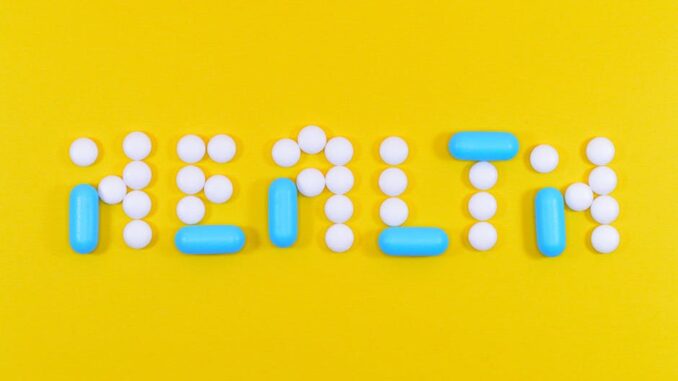
Summary
Artificial intelligence is revolutionizing drug discovery, offering hope in the fight against tuberculosis. By combining bacterial cytological profiling with deep learning, researchers are rapidly screening potential drug candidates and accelerating the development of new treatments. This breakthrough has the potential to address the growing threat of drug-resistant tuberculosis and improve global health outcomes.
Healthcare data growth can be overwhelming scale effortlessly with TrueNAS by Esdebe.
** Main Story**
Tuberculosis (TB) is still a major problem worldwide, infecting millions and causing so much suffering. And with drug-resistant strains on the rise, it’s clear we desperately need new, effective treatments. Thankfully, some really exciting research is happening right now, and it’s using artificial intelligence (AI) to speed up the process of finding new drugs.
So, what’s the big deal? Well, a recent study – it was actually published in the Proceedings of the National Academy of Sciences – details a new approach that combines something called bacterial cytological profiling (BCP) with deep learning. Deep learning is a really advanced form of AI, and this technique, known as MycoBCP, lets researchers quickly screen potential drugs. More than that, it helps them really understand how these drugs actually work against Mycobacterium tuberculosis, which, as you know, is the bacteria behind TB.
Traditional methods for finding new TB drugs? They’ve been incredibly slow and difficult. It’s hard to fully understand how drugs interact with M. tuberculosis. That said, MycoBCP tackles these issues head-on by using AI to analyze huge amounts of data and spot patterns that would be basically impossible for us humans to see. Imagine trying to sift through all that data manually! No thanks.
Here’s how MycoBCP works: First, M. tuberculosis cells are exposed to potential drug candidates. Next, researchers use fluorescence microscopy to take detailed images of how the cells respond. These images show really intricate changes in the bacterial cell structure, and they form patterns that show how the drug is working. Then, deep learning algorithms are trained to recognize these patterns, enabling rapid and accurate screening of thousands and thousands of compounds. Pretty neat, right?
Not only does this AI-driven approach speed up drug discovery, but it also gives us valuable insights into how different drugs affect M. tuberculosis. By understanding these mechanisms, researchers can optimize existing drugs and develop new ones that are more effective against drug-resistant strains. Which is ultimately the goal here.
Oh, and by the way, the development of MycoBCP was funded by the Gates Foundation, which really highlights how important this research is globally. Think about it: we even had a recent TB outbreak in Kansas – one of the largest in US history! It just shows how urgent it is to find new treatments. I actually remember reading about that Kansas outbreak, it felt like something out of a history book.
This breakthrough in AI-powered drug discovery offers a beacon of hope in the fight against TB. By accelerating the development of new drug candidates, this technology has the potential to save countless lives and improve global health outcomes. Look, AI can’t solve the problem of TB all by itself. But it has become a powerful tool in our fight, and it’s paving the way for faster and more effective treatments. What’s not to like?
And it doesn’t stop with TB. AI and machine learning are transforming all sorts of areas of medicine and healthcare. From speeding up drug development to improving patient care, AI is poised to revolutionize the industry. I mean, think about it: AI could help accelerate clinical trials, generate targeted marketing materials, and even assist with regulatory approvals. That’s a lot of potential! As AI continues to evolve, its impact on healthcare will only grow, leading to more efficient and effective treatments for a wider range of diseases. Of course, there are challenges in making sure AI is used responsibly and ethically. But its potential to improve human health? Well, it’s undeniable.


Be the first to comment